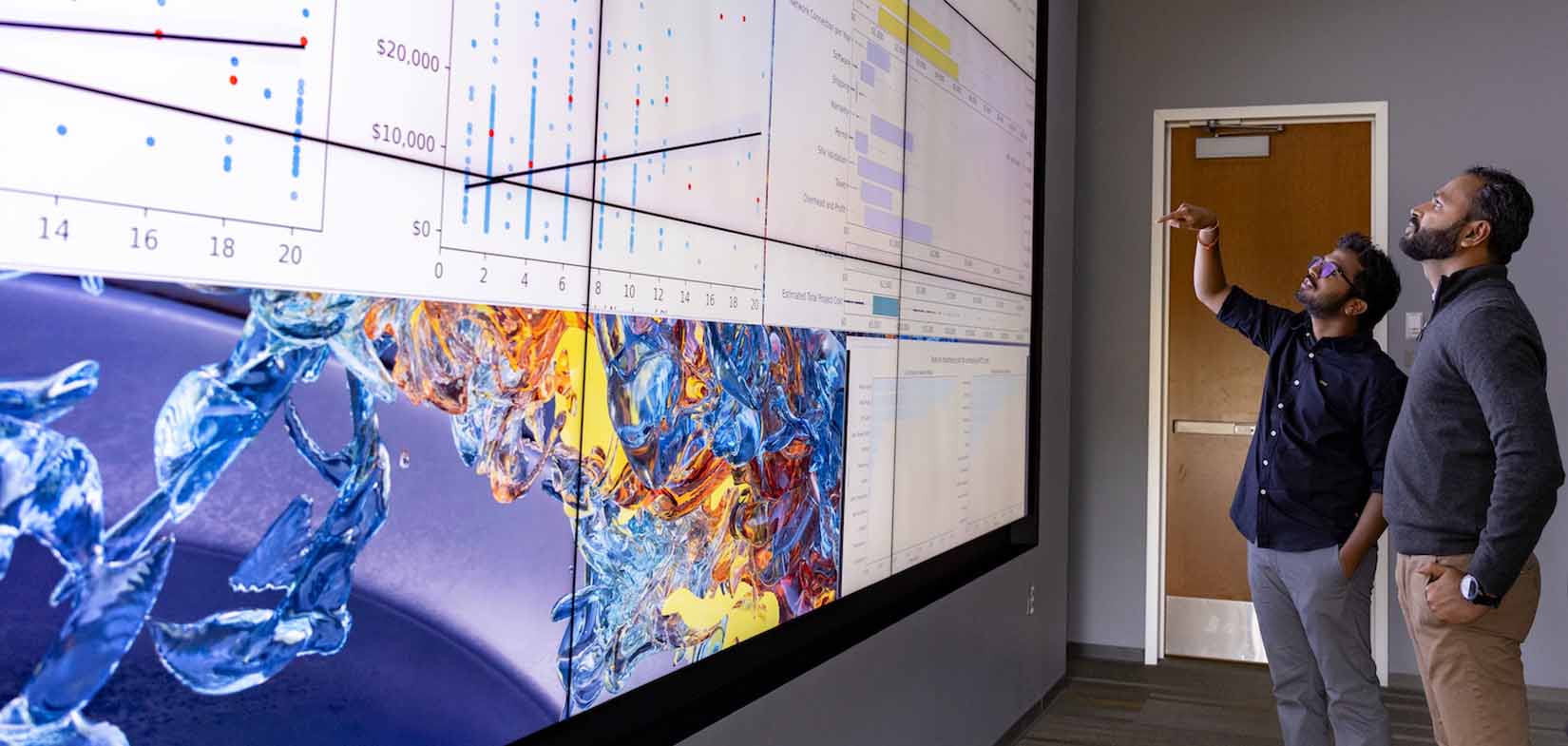Electric Vehicle Charging Infrastructure Soft Costs Analysis
NLR analyzes the soft costs of installing electric vehicle (EV) charging infrastructure to facilitate cost reductions and expedite its planning, permitting, construction, and energization.

Researchers are actively engaging a broad range of stakeholders—including EV service providers, jurisdictional authorities, installers and contractors, utilities, and site hosts—to gain insights into costs. They collect detailed information on capital expenses and timelines from previous electric vehicle supply equipment (EVSE) installations to identify, categorize, and quantify soft costs.
What Are Soft Costs?
EVSE installations vary significantly, resulting in a general lack of understanding of both the direct costs and, more significantly, the indirect costs (i.e., the soft costs). Soft costs include nonequipment costs, such as costs associated with permitting, inspections, administration, obtaining financing, project startup, and utility interconnections.
NLR's initial work in soft cost analysis focused on defining and quantifying unique soft costs for EVSE installation while building on more than a decade of experience in similar analysis for photovoltaic system installation costs. This involved tapping into past projects to understand the timelines and associated capital costs, such as those related to permitting and interconnection processes, as well as costs due to schedule delays resulting from supply chain and workforce constraints, for example.
Permitting is a core piece of the EV charging puzzle. Understanding the potentially time-intensive process of applying for a permit and reviewing and approving applications for EVSE installations is crucial for successful EV infrastructure deployment.
Electric Vehicle Supply Equipment Permitting Process
Use the EVSE permitting process flowchart to understand what decisions and factors come into play when obtaining proper permits for an EV charging infrastructure project.
An EVSE permit application needs to satisfy codes, such as those related to zoning, electrical, building, and fire, which vary by jurisdictions. Therefore, streamlining the permitting process for EV charger installations—and standardizing the codes behind the permitting process—can unlock both financial and time savings. This can be accomplished in a number of ways, including standardizing the permitting process, simplifying the review and approval of permits, adopting an online permitting process, and developing permitting processes tailored to EV charging infrastructure installation.
For more information, refer to the Joint Office of Energy and Transportation's permitting and site selection strategies for EV charging infrastructure.
Soft Cost Analysis Informs Electric Fleet Transitions
Read how soft cost analysis can inform the transition to an electric fleet.
Solving Soft Cost Challenges
To solve EVSE soft cost challenges, NLR is leading a multilaboratory effort with Lawrence Berkeley National Laboratory and Idaho National Laboratory to identify, benchmark, and track the soft costs related to EVSE installation.
Researchers are studying these costs to better understand how they affect EV infrastructure projects and to ultimately help reduce costs.
Key activities focus on:
- Conducting a comprehensive literature review to elucidate knowledge gaps pertaining to EVSE installation soft costs
- Identifying and engaging stakeholders to inform project scope, validate findings, and incorporate real-world data on EV charging soft costs and capital expenditures
- Analyzing data from invoices to benchmark the capital costs of components
- Studying EV charging station installation processes across various jurisdictions to understand how procedural differences affect the time and costs associated with permitting.
To date, researchers have performed quantitative and qualitative analysis of more than 4,000 station buildout invoices across different states in their analysis of EVSE installation costs. They continue to gather data from stakeholders and conduct anonymized analysis to further benchmark capital and time costs.
The analysis leveraged NLR's EVI-LOCATE: Electric Vehicle Infrastructure Locally Optimized Charging Assessment Tool and Estimator for developing EV charging site designs and cost estimates. This led to the development of a machine-learning method for estimating the total costs of station installations and comparing these estimates with data collected from stakeholders.
This effort is funded by the Joint Office of Energy and Transportation and the Department of Energy Vehicle Technologies Office.
Publications
Soft Costs and EVSE – Knowledge Gaps as a Barrier to Successful Projects, Applied Energy (2025)
Contact
For more information on EV charging soft costs analysis or to collaborate with NLR, contact:
Share
Last Updated Dec. 6, 2025
